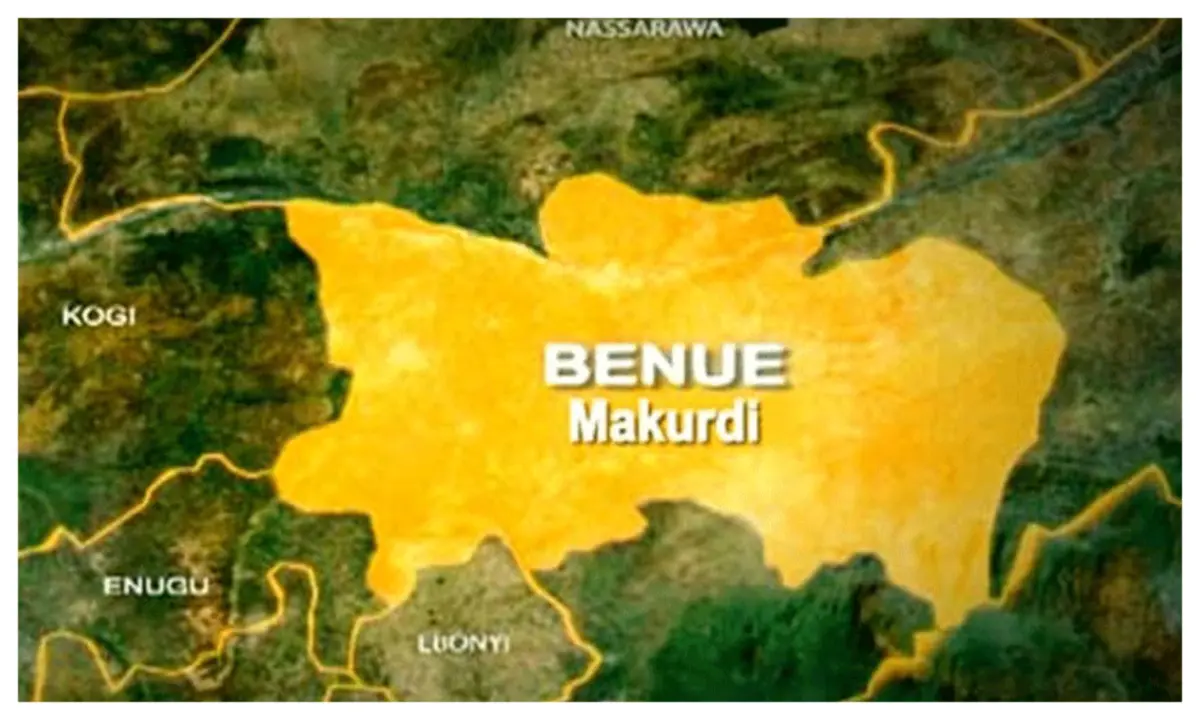For years, floods have battered Nigeria – washing away homes, farmlands, and dreams. But the Federal Government is now taking the gloves off. In a bold and overdue move, flood prevention has been declared a national security priority. Yes, you read that right – floods are no longer just an “act of God”; they’re a threat to our national stability.
At the heart of this shift is a new Anticipatory Action Framework on Floods, a fancy name for a serious plan to stop the cycle of reacting after disaster has struck. Instead of waiting for floodwaters to rise before scrambling for help, the plan introduces early warning systems, solid data, and a budget that is actually ready before the emergency begins.
At the unveiling of the framework on Wednesday at the Presidential Villa, Vice President Kashim Shettima did not mince words: “Disasters are security issues,” he said. “We’ve been reactive for too long. It’s time to be proactive. Science is the way forward.”
Why this matters
Every year, thousands of Nigerians are displaced by flooding. Roads vanish under water. Schools shut down. Farmers cry over ruined harvests. It’s a problem that touches everything – food prices, education, health, even elections. In 2022 alone, over 600 people died and more than 1.4 million were displaced.
Now, the government says enough is enough.
The new strategy, developed by the Anticipatory Action Task Force (AATF), pulls together scientific and traditional knowledge – from satellite data to age-old local wisdom – to forecast where flooding will happen and prepare communities ahead of time. A consolidated budget backs it up, ensuring states aren’t left hanging when the waters rise.
From buckets to blueprints
“We’re moving from losses to prevention,” said Prof. Nentawe Goshwe Yilwatda, Minister of Humanitarian Affairs and Poverty Alleviation. “In 2004 alone, we lost over $1 billion to floods. Just imagine if we had used even one per cent of that on prevention. It’s clear the old way isn’t working.”
National Security Adviser, Mallam Nuhu Ribadu, put it even more bluntly: “Nature may surprise us, but our response shouldn’t. Being prepared is within our power.”
The Task Force, which started work in March, has already hit several milestones – gathering data, holding validation workshops, and forming a communications team under the National Counter Terrorism Centre (NCTC). That may sound like overkill, but officials say it’s a smart move. Floods don’t just destroy property – they displace people, strain local governments, and even open the door for insecurity in fragile areas.
Flood forecast for 2025
According to Mrs. Inna Audu, Special Assistant to the President on Humanitarian Affairs, the goal is to make sure that by the 2025 flood season, states and communities will be better prepared – not just with warnings, but with real action plans. That includes everything from local evacuation drills to state-level resource mobilisation.
There’s even a “Trigger Group” working behind the scenes to help determine when action should kick in – think of it like a smoke alarm for flooding.
The government says this isn’t just another document collecting dust. With the President’s backing, Vice President Shettima is rallying governors, agencies, and partners to commit to the new framework.
And for once, the plan seems serious. But as every Nigerian knows, we’ve heard good talk before. Execution is where dreams often drown.
Still, if this framework is taken seriously and actually funded and implemented, it could mark a turning point – from helplessness to hope.
Because in Nigeria, when it rains, it really pours. And this time, we just might be ready.
Small reminder to the powers that be: Nigerians don’t want to keep swimming to work or planting rice on their rooftops. Prevention, not prayer, is the new flood policy.





